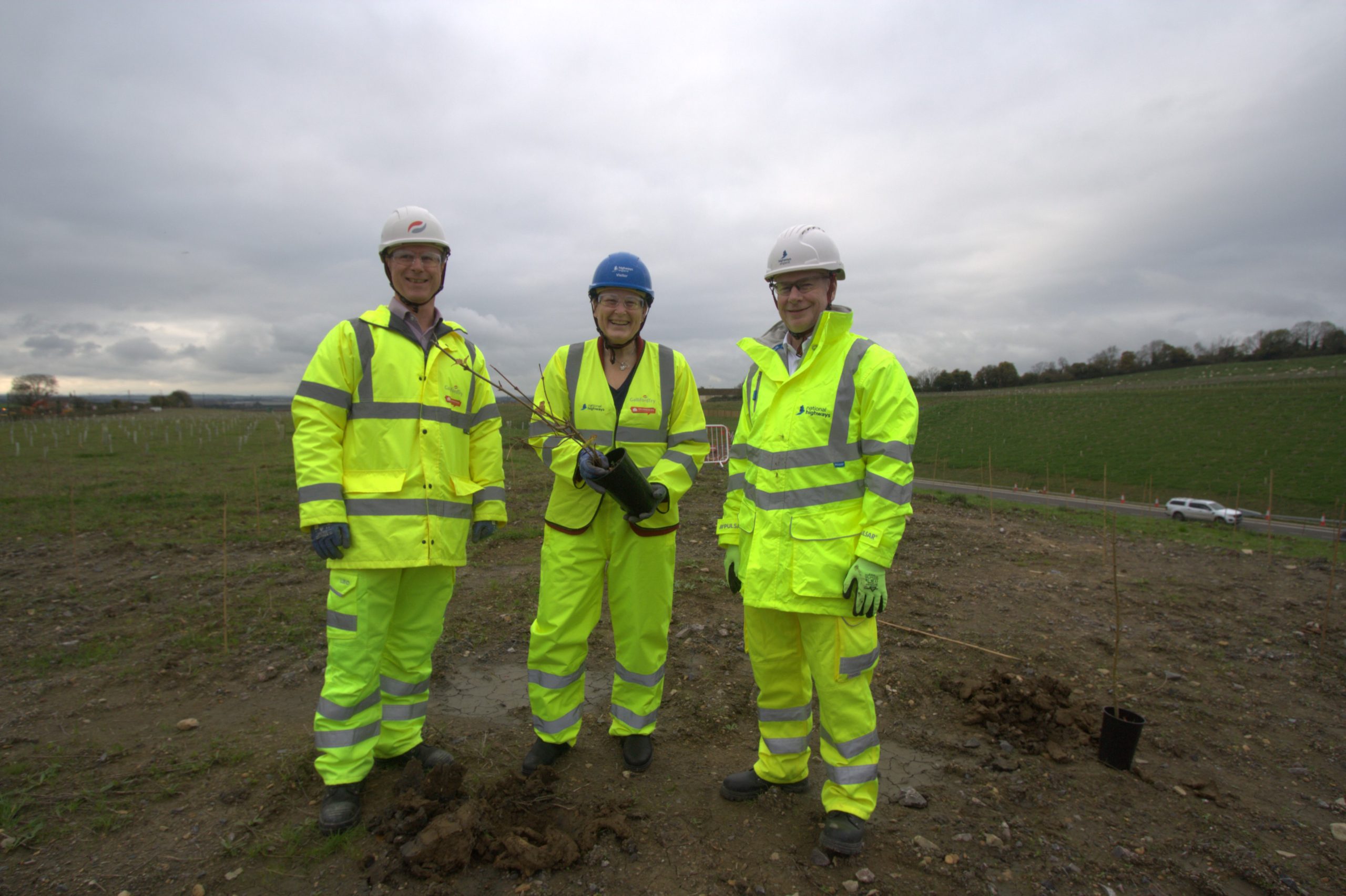At the A303 Sparkford to Ilchester ‘open for traffic’ ceremony recently, Cllr Wilkins represented Somerset Council and Peninsula Transport, the sub-national transport body for Cornwall, Devon, Plymouth, Somerset and Torbay councils. Also in attendance were local MP Sarah Dyke, National Highways CEO Nick Harris and Glennan Blackmore, Managing Director, Infrastructure Business, Galliford Try.
Peninsula Transport welcomes this significant investment in improving the journey time reliability of this route to the south west region which carries 23,500 vehicles per day on average with significant increase in the summer months (20-30% higher).
What the A303 Sparkford to Ilchester means to the South West
- The A303/A358 corridor is a vital second strategic route to the South West from London and the South East.
- Significant sections remain single carriageway and this section is a welcome upgrade to these essential and heavily used route.
- South West experiences more than 20million domestic visitors per year, 29% from the south east, vast majority by car so this route is essential to the leisure economy as well as residents and businesses travelling around the region.
- Increased journey time reliability along the corridor will improve productivity and economic growth in the region
How the A303 Sparkford to Ilchester aligns with Peninsula Transport Strategy
The A303 Sparkford to Ilchester aligns with the Peninsula Transport Strategy objectives of:
- Achieving a Connected Peninsula
- Raising the quality of Strategic Roads
- Working towards a safe, resilient and reliable transport network, meeting the demands of a growing and prosperous region.
Peninsula Transport is one of seven Sub-national Transport Bodies in England and covers Cornwall, Devon, Plymouth, Somerset and Torbay. We provide a collective regional voice about the strategic transport and infrastructure needs of the region to boost economic growth. The partnership works directly with the Department for Transport, alongside National Highways, Network Rail and Homes England.
Our March 2023 strategy will be used to guide regional transport investment decisions until 2050 and sets out four outcomes and a route map to achieving a strategic transport network that works for everyone – from businesses to communities and visitors.
It is the foundation of a Strategic Investment Plan which will identify and prioritise transport schemes and projects that reflect national and regional policies and best meet the needs of the user.


